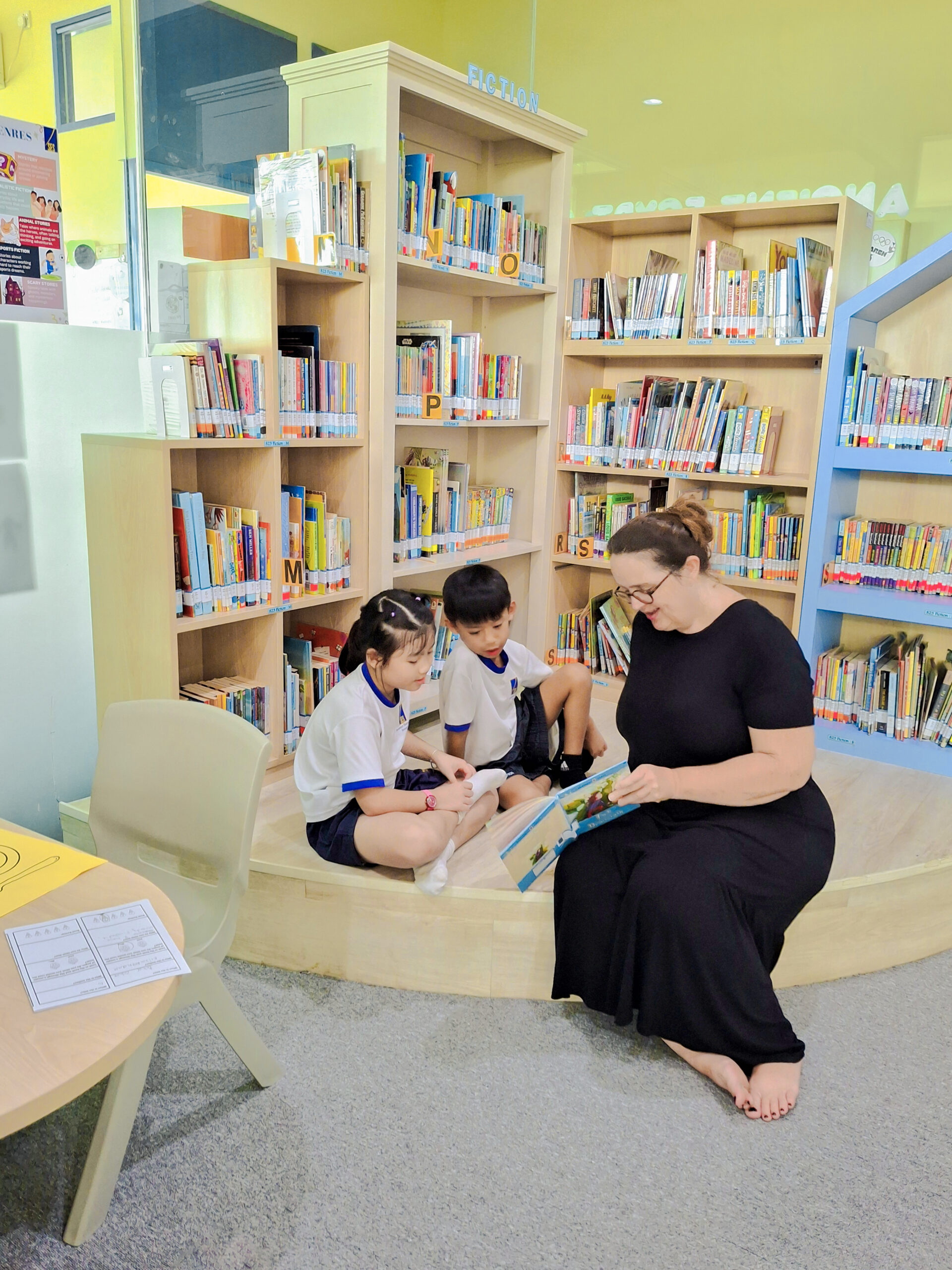
Encouraging a Love for Books Through Exploration and Shared Reading Moments
Surabaya, Indonesia – At Surabaya European School, fostering a genuine love of reading starts from the earliest stages of learning. One of the most delightful initiatives to support this vision is the “Book Tasting” event, where students are invited to explore a variety of books in an engaging and relaxed setting. Much like a food tasting experience, book tasting allows children to sample different genres, authors, and styles without pressure, sparking curiosity and excitement for reading.
What is Book Tasting?
Book Tasting is an imaginative reading activity where students “sample” books much like one might sample different dishes at a buffet. Students move between tables or reading areas, previewing a range of books, jotting down their thoughts, and discovering genres or authors they may not have previously considered. The goal is to ignite curiosity, spark conversation, and expand reading horizons.
Inside the SES Book Tasting Session
Held in the vibrant school library, the Book Tasting session provided a cozy and inspiring environment for students to dive into new books. As captured in the photo, students sat comfortably with a teacher, sharing a picture book and engaging in discussion. The joy of discovery was palpable as students interacted with stories and illustrations that spoke to their interests and imaginations.
SES implements the IPC to ensure a cohesive, engaging, and internationally focused learning experience. The Book Tasting event perfectly complements IPC’s learning goals in the following ways:
- Personal Learning Goals
Book Tasting encourages students to become thinkers, communicators, and adaptable learners. As they explore unfamiliar books, they develop the ability to express preferences, articulate thoughts, and approach reading with an open mind. - Thematic and Integrated Learning
Books were carefully selected to reflect the current IPC themes. For example, a unit on “People of the Past” could be paired with historical fiction, biographies, and nonfiction texts, allowing students to make cross-curricular connections between reading and their topic studies. - International-Mindedness
A wide variety of books from different cultures and perspectives supported IPC’s emphasis on global awareness and respect for diversity. Students gained insights into stories from around the world, developing empathy and a broader worldview. - Learning Process and Engagement
The IPC’s structured learning process, starting with an Entry Point was mirrored in the Book Tasting, which served as a lively and stimulating entry into new literacy units. This process encourages active learning and inquiry from the outset. - Student Agency and Voice
Students were empowered to choose books that intrigued them, make independent judgments, and share their thoughts. This autonomy builds confidence and cultivates a lifelong love of reading, core to IPC’s vision of developing active, reflective learners.
The Book Tasting session at Surabaya European School exemplifies how literacy can be celebrated through creativity, engagement, and international-mindedness. When enriched with the principles of the International Primary Curriculum, such activities go beyond reading, they foster curiosity, deepen understanding, and nurture the joy of learning in every child.
